As Above, So Below
No matter where we are in the world, the past few days as we read the news or connect to social media, we are faced with the anguishing images of civilians in Aleppo, innocent victims to unimaginable brutality. We stare back at their faces, the desperate words we read on our screens. Their suffering seeps into our hearts. I feel pain for them, I feel helpless, I feel disbelief and anger. I picture my family, born into a different circumstance and shudder. I feel ashamed that this happens on our watch.
There are links to donate, there is content to educate ourselves with, but at the end of the day, when I sit in bed feeding my little one, all I can think to do is close my eyes and pray for them. And then pray that my prayer can create some ripple for these people who are so far away.
It got me thinking about Tikkun Olam, the jewish concept of “Repairing the World”. We achieve this through charity, acts of lovingkindness, connecting to one another and to Hashem through Mitzvot. Our tradition teaches us that it is the holiest work, demanding our awareness and our commitment. While the ultimate expression of tikkun olam will occur on a universal level, the onus is on us to create it step by step; working to heal our own hearts, our relationships, our communities. It teaches us that it is our absolute, divine responsibility to respond to the call when we see suffering in the world.
But at times like this, I think to myself, how can anything I do be enough?
In the Parsha this week, Vayishlach, we continue to follow Jacob’s journey. After taking Esav’s blessing, he has fled his home, gone into exile, worked seven years for Lavan where he was tricked into marrying Lavan’s eldest daughter Leah, worked an additional seven years to marry his first love Rachel, and years after that, is finally returning to his parents and his land of birth.
On the way he is to meet with his brother Esav. It is first time they have seen one another in decades, since the controversy of the blessing. Jacob is scared for his life, fearing the grudge and fury his brother may still carry. The night before their encounter Jacob violently wrestles in his sleep with an angel, and is given by G-d the new name of Yisrael.
I learnt this week from my teacher Diane, that there is deep discussion about these two names, Yaakov (Jacob) and Yisrael. Talmudic scholars have an understanding, that the name Yaakov (coming from the word heel, as he came out of the womb holding his twin brothers heel) is indicative of the work Jacob does in the physical world to come closer to g-d. They call it his tikkun ha-guf, his healing of the body. It implies both his personal growth, and the work he does to heal the world around him. It is happening when he toils for over 20 years in exile, as he gets married and brings his family into being. It is happening through his struggles and hardship. It is often dark, but we learn Jacob is in constant engagement with mitzvot; Despite the challenges he stays connected, following his clear trajectory towards light. And he creates a tribe around him who are on the journey as well.
Finally Jacob and his entire family begin their migration back home. And along the way, Jacob receives a new name, Yisrael.
According to scholars, while the name Yaakov represents the work Jacob did from the bottom up to access holiness through physicality, Yisrael indicates a dimension in which blessing flows directly from G-d - from top to bottom. All of Jacob’s work was met with divine grace. And in this spirit, armed with a new name, miraculously Jacob meets his brother Esav in peace.
It is similar to the structure of the week - for six days we work to reveal the holy in the physical (we work from the bottom up) and then on Shabbat the holiness is bestowed on us as it flows down from above.
Tikkun olam, healing on a global level, has to begin with tikkun haguf, refinement on an individual level. It requires us to access the Yaakov within us. We must work unflinchingly to reveal goodness and light in the darkest of times, especially now. But ultimate peace, also requires the Yisrael element - the gift and blessing that comes directly from above.
As we donate to the families in Aleppo, as we pray for their safety, as we use our voices to create change and as we exercise deep gratitude for the blessing of our incarnation in this peaceful part of the world, may all our efforts be equally met from above.
May our tikkun haguf and our striving toward tikkun olam be mirrored by a divine flow of blessing; may it lead to strength for those who are delivering aid, and salvation for those who so desperately need it.
Shabbat Shalom.
& Love.
Micaela
(For the brave people of Aleppo & all victims of civil unrest)
